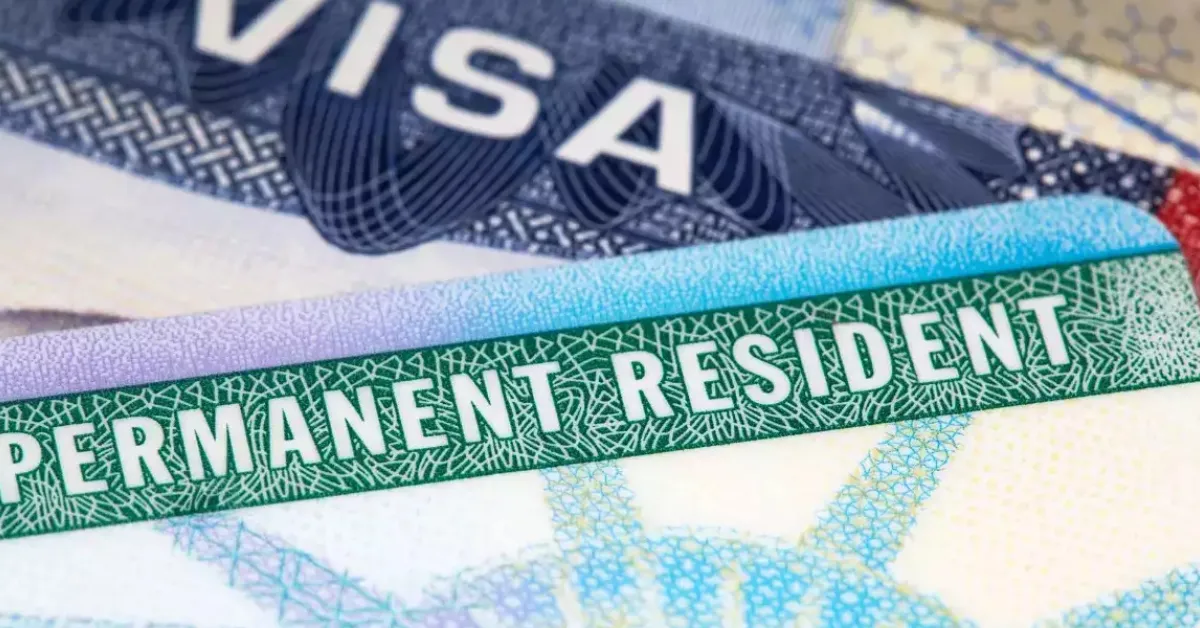Green Card Holder Detained in Seattle Over Past Convictions Despite Rehabilitation

Cliona Ward, a 54-year-old legal US resident and longtime California resident, remains in federal custody following two recent detentions by US Customs and Border Protection (CBP).
The detentions, which began in late March, stem from drug possession charges dating back to the early 2000s, raising questions about the intersection of federal immigration law and state-level criminal expungement policies. Ward, who emigrated from Ireland to the United States at age 12, was first detained upon her arrival at Seattle-Tacoma International Airport after a trip to Ireland to visit her grandmother. Despite possessing a valid green card extending to 2033, Ward was held for three days with limited access to amenities and communication.
She was released with instructions to provide documentation demonstrating that her past convictions had been expunged. On April 21, Ward presented the requested documents at San Francisco International Airport but was again detained. This time, she was allowed to contact her family and had better access to food and water, according to her sister, Orla Holladay. Ward's legal troubles centre on six criminal cases from 2003 to 2008, a period her family describes as one of addiction.
The charges include two felony drug possession counts and misdemeanours such as failing to update her address with the Department of Motor Vehicles. Ward’s family asserts that she has maintained sobriety for over 20 years and that the past offences were directly related to her former addiction. While Ward’s criminal record was expunged at the state level, federal authorities contend that state-level expungements do not negate the legal significance of such convictions under federal immigration law. This discrepancy has placed Ward in a precarious position, despite her longstanding ties to the US and her efforts to rehabilitate.
The case has ignited criticism from legal experts and elected officials. Steven Clark, a legal analyst, highlights the ongoing severity of prior drug convictions under federal law, even as some states move toward decriminalisation. This disparity, Clark notes, leaves many permanent residents vulnerable to detention and deportation, even if they have rehabilitated and lead productive lives. US Congressman Jimmy Panetta (D-CA) has also voiced his concern, calling Ward’s detention an example of overly harsh and outdated immigration policies.
“It’s unimaginable that a reportedly expunged, 20-year-old incident could be used as justification for deporting a legal permanent resident who is a productive member of our community,” Panetta said, acknowledging the need for robust enforcement against violent criminals but arguing that detaining individuals like Ward is unreasonable and unjust.
Ward’s family emphasises her contributions to her community and her role as a caretaker for her son, an American citizen with a chronic illness. They argue that these factors are being overshadowed by decades-old infractions. Ward’s situation highlights the broader implications of current immigration enforcement policies, particularly their impact on individuals with longstanding ties to the US and rehabilitated lives. Critics argue that these policies disproportionately target non-citizens with past offences that have already been resolved, rather than focusing on individuals who pose ongoing threats to public safety.
As of this report, Ward remains in custody at an Immigration and Customs Enforcement (ICE) detention centre in Seattle. Her family continues to advocate for her release, stressing her contributions to her community and her role as a caretaker. Ward is scheduled to appear in court on May 7 for a hearing that will determine her future in the United States, the country she has called home for over four decades.














Add new comment